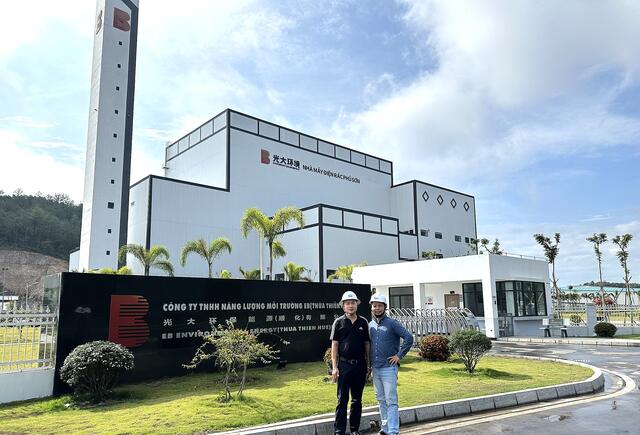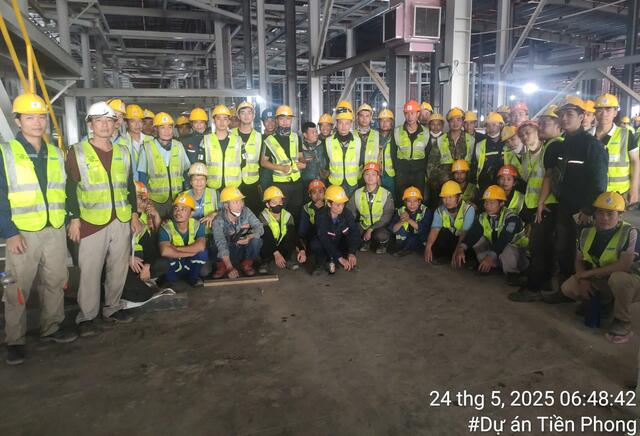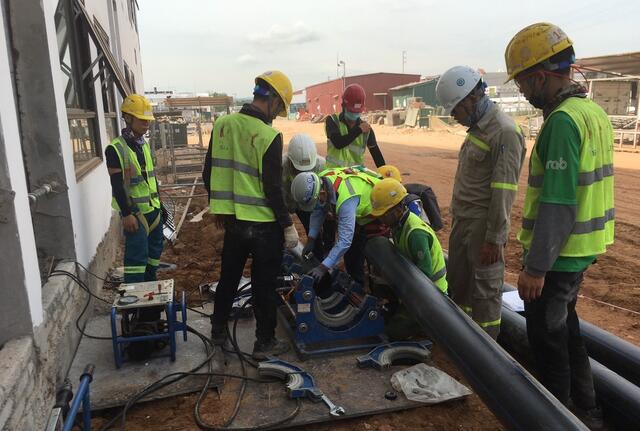-
Hotline : +84 981 282 028
- vyan.company@gmail.com
-
Waste-to-Energy Power Plant Project in Thua Thien Hue Province
The waste-to-energy power plant project in Thua Thien Hue province is a key energy security priority for the province and the government of Vietnam.Price: Contact -
Construction
Labor supply in industrial construction is a crucial factor that determines the progress and quality of a project. The industrial construction sector requires a highly specialized workforce, including engineers, skilled workers, site supervisors, and many other positions. Labor supply must ensure sufficient quantity and suitability for each stage of the project. Recruitment efforts often rely on labor supply agencies, partnerships with vocational training institutions, or internal workforce utilization. Additionally, businesses must address issues related to compensation policies, occupational safety, and skill training to maintain work efficiency. Current trends in industrial construction labor supply include automation, the application of technology to enhance productivity, and the search for stable, long-term workforce sources. These approaches help optimize costs, reduce workplace accidents, and improve overall project efficiencyPrice: Contact -
Construction_KA
Labor supply in industrial construction is a crucial factor that determines the progress and quality of a project. The industrial construction sector requires a highly specialized workforce, including engineers, skilled workers, site supervisors, and many other positions. Labor supply must ensure sufficient quantity and suitability for each stage of the project. Recruitment efforts often rely on labor supply agencies, partnerships with vocational training institutions, or internal workforce utilization. Additionally, businesses must address issues related to compensation policies, occupational safety, and skill training to maintain work efficiency. Current trends in industrial construction labor supply include automation, the application of technology to enhance productivity, and the search for stable, long-term workforce sources. These approaches help optimize costs, reduce workplace accidents, and improve overall project efficiencyPrice: Contact


